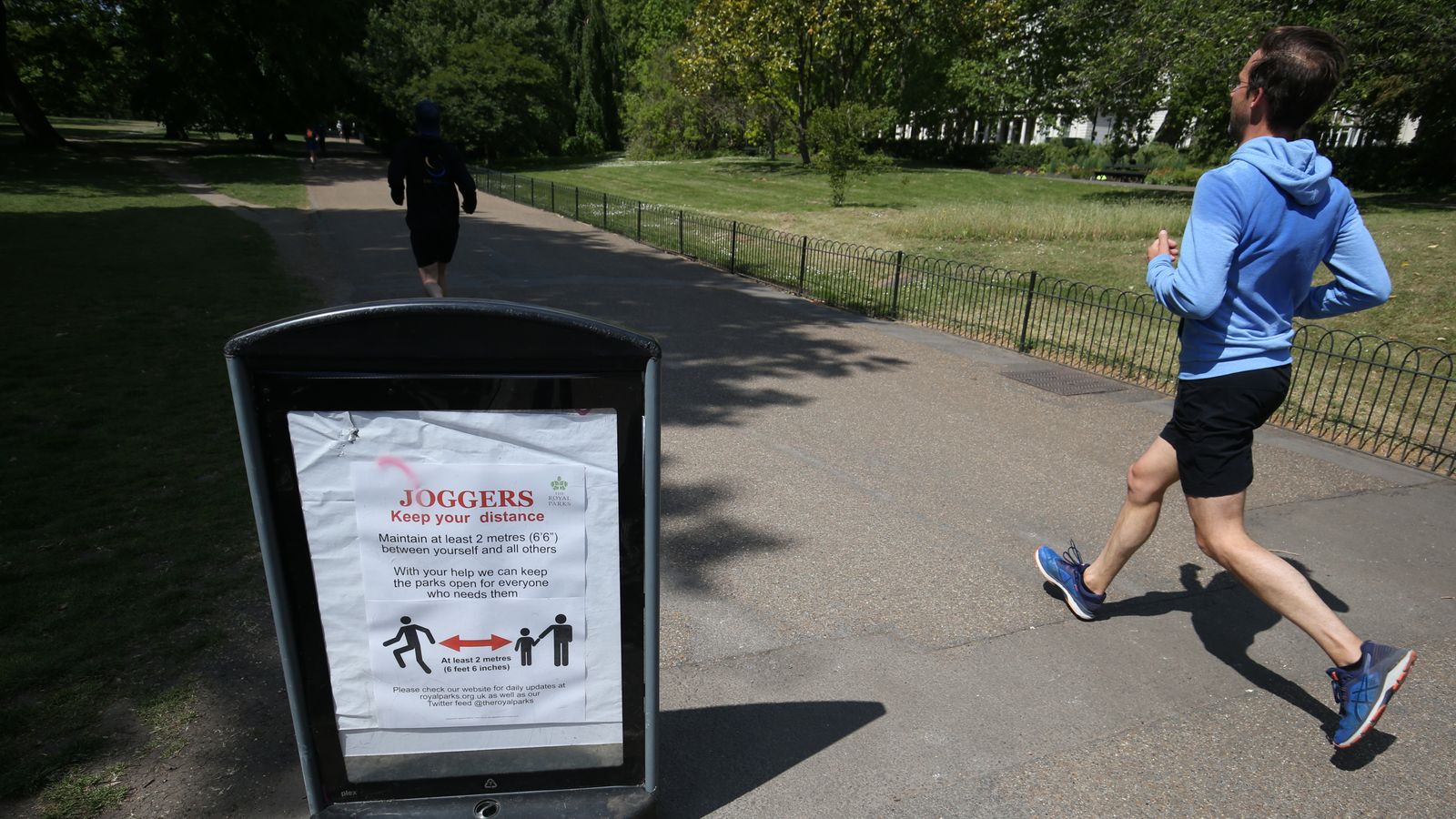Middle-aged people and women in particular are less likely to exercise and do not meet NHS guidelines, according to a study in England.
Only one in 20 people may be getting the right amount of aerobic exercise and strength training.
Research from the University of Essex found that women were 34% less likely to do enough strength training and meet general exercise guidelines compared to men, while adults aged 50 to 65 were less likely to get enough exercise compared to younger people.
According to the NHS, adults aged 19 to 64 should engage in some form of physical activity every day and work on exercises to strengthen their muscles and bones at least twice a week.
It is recommended to get 150 minutes of moderate activity per week or 75 minutes of vigorous activity per week.
Moderate aerobic activity can include riding a bike or pushing a lawnmower, while vigorous activity includes jumping, running, or climbing stairs.
The study found that people were much less likely to do strength-training exercise than aerobic activity, and that the exercise they did do didn’t always have good evidence of health benefits.
“While more than two-thirds (67%) of adults reported the equivalent of at least 150 min/week of (moderate physical activity), less than a quarter (23%) of the sample actually met current guidelines UK physical activity guidelines specifying twice weekly muscle-strengthening activity,” experts from the University of Essex concluded in the journal PLOS One.
A look at who met the NHS guidelines for aerobic activity found that 69% of men and 66% of women said they did.
However, only 28% of men and 25% of women met NHS strength training guidelines in England, a figure that dropped to 16% of men and 9% of women doing strength training. strength with proven health benefits.
“When strengthening activity is included, the proportion of English adults meeting current physical activity guidelines could be as high as one in three, but possibly as low as one in 20,” the authors concluded.
Read more:
Arthritis sufferers urged to lose weight and exercise instead of taking prescribed medication
British teenagers’ diets are ‘unhealthy and unsustainable’
People from disadvantaged backgrounds were also found to be less likely to exercise compared to people who lived in more affluent areas.
